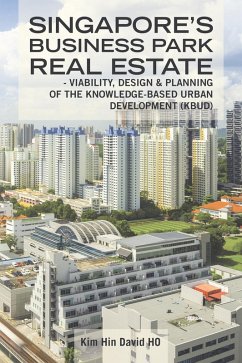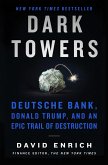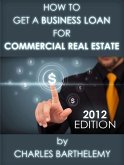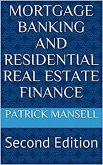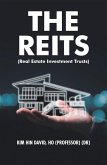Chapter 1 explores the extent to which the fundamental structure and behaviour of the large-scale high-tech strategic industrial real estate development projects, can be shaped in terms of institutional and macroeconomic conditions. Capital budgeting techniques and copula risk functions, affirm the relative influence of uncertain macroeconomic and financial variables, on the profitability of Singapore's Biopolis at the One North development. Chapter 2 looks at the dynamics of the large-scale high-tech strategic industrial real estate market. The Chapter aims to understand the fundamental structure and behaviour of the industrial real estate in Singapore, and to broadly indicate the relative impacts of macroeconomic conditions on such industrial real estate market dynamics. In Chapter 3 and for the case of Singapore, the Chapter adopts the unrestricted vector autoregressive (VAR) approach, to understand how the space and asset markets in industrial real estate, are shaped via endogenous and exogenous factors. Chapter 4 construes the knowledge-based urban development (KBUD) strategy, to be a significant form of urban renewal of post-industrial cluster-based industrial cities. Urban planners are compelled to explore mixed-use zoning, the knowledge-based urban development-land use design model (KBUD-LUDM), its knowledge interaction design criteria (KIDC) and the land-use cost criteria (LUCC). Chapter 5 concludes this book.
Dieser Download kann aus rechtlichen Gründen nur mit Rechnungsadresse in A, D ausgeliefert werden.

